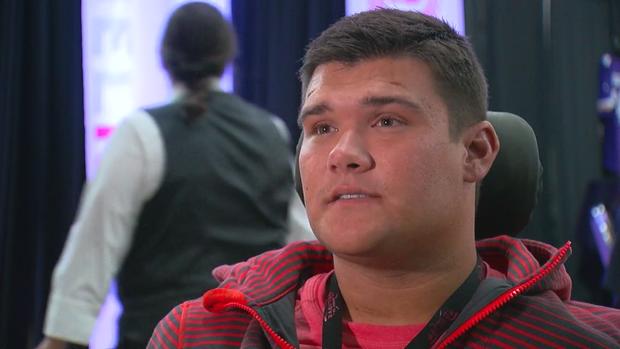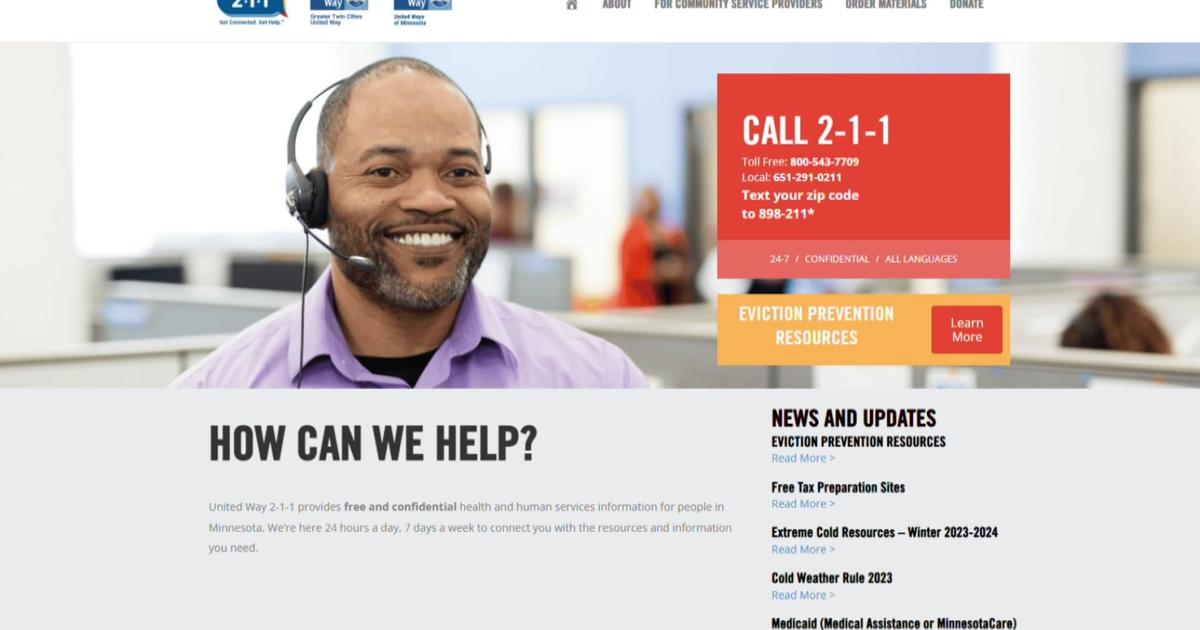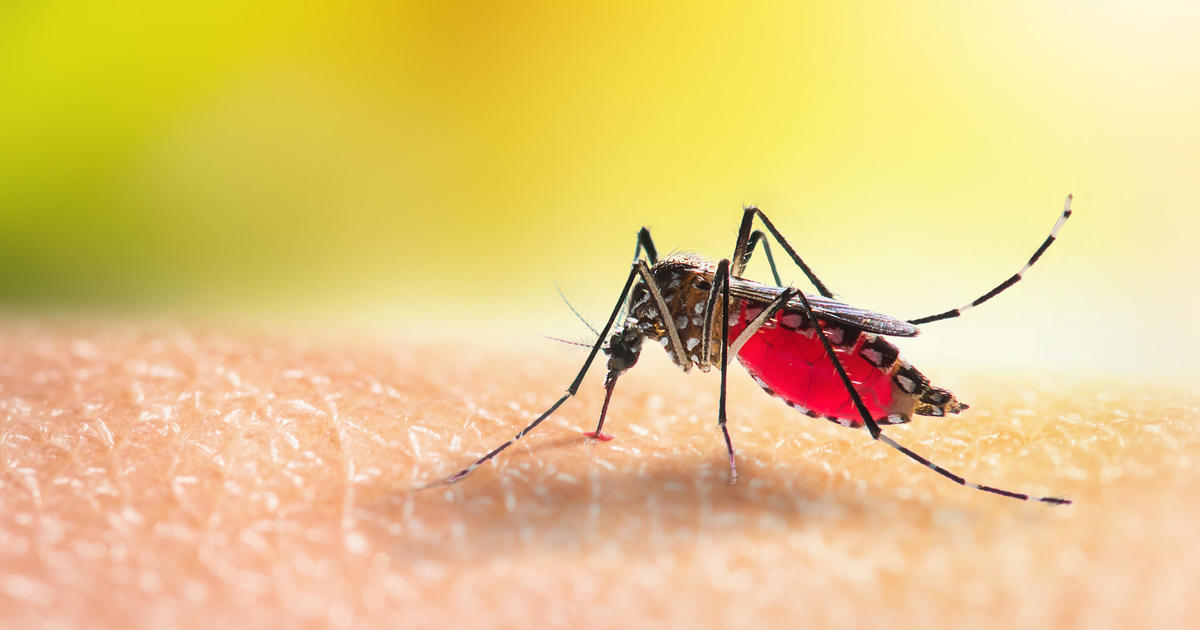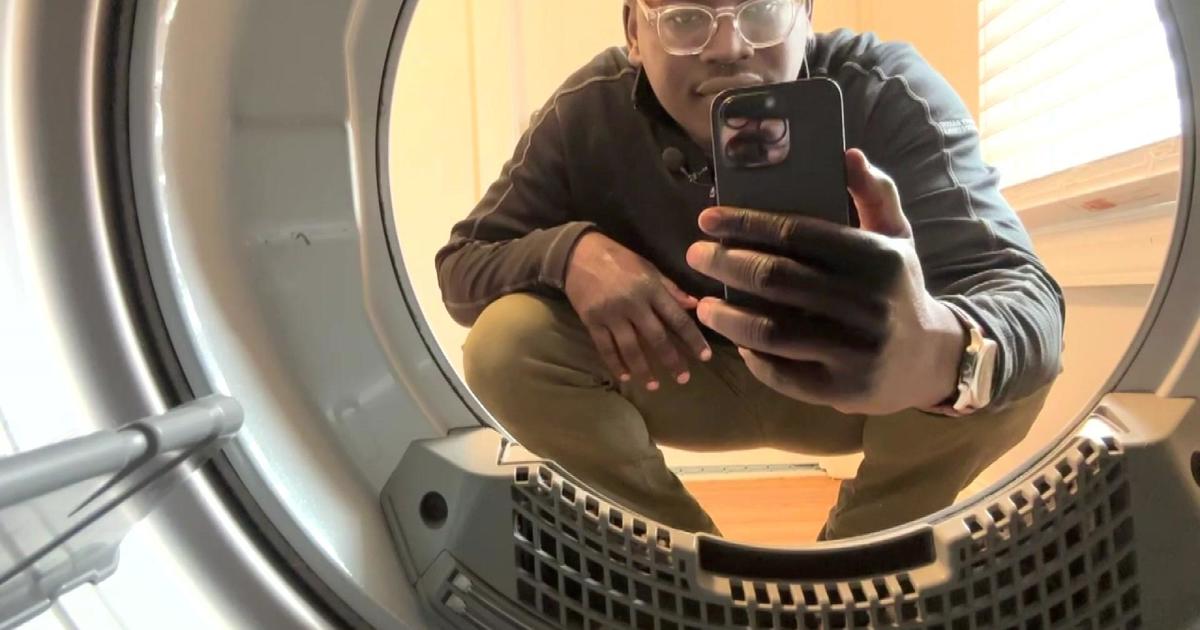Jablonski Excited After Mayo Patient Has Paralysis Breakthrough
MINNEAPOLIS (WCCO) -- A Mayo Clinic research project could help people with paralysis get back on their feet.
Jack Jablonski is among those encouraged by a procedure called epidural stimulation.
He held his fourth annual "Night to Believe" event in St. Paul Saturday evening.
It has been almost six years since Jablonski became paralyzed after during a hockey game.
He is now a college student at the University of Southern California, but he's back in town this weekend to help raise money for what could be life-changing research.
"I think it gives hope to not only me, but anyone else with paralysis because there is a future and paralysis really is no longer permanent," Jablonski said.
A patient undergoes intense therapy before a stimulator is implanted along the spinal cord to help restore movement. Epidural stimulation had positive results at UCLA and the University of Louisville, and now the Mayo Clinic is having success in Minnesota.
A 2013 snowmobile accident left Jered Chinnock paralyzed from the waist down. He became Mayo's first trial patient for this new procedure.
"My mind was going a bunch of different ways on how I thought it would work I guess," Chinnock said.
And he is already experienced what some may call a mini-miracle. He moved his toes for the first time in years.
"Jaw-dropping," Chinnock said. "I was just in awe, and I had to keep doing it over and over again to make sure it's real."
It's a step in the right direction for getting people with paralysis back on their feet -- and it gives Jablonski and others yet another reason to hope.
"It truly shows that this is something to be reckoned with because there are results that are improving people's lives," Jablonski said. "Is it going to get you back on your feet? It's showing that you can. Whether that's the end result, the most important thing is that it's improving our lives."
Dr. Kristin Zhao of the Mayo Clinic says a team of 30 people, ranging from therapists to neural engineers, have been working on this research.
She says the results are very promising, and are hopefully a sign of more progress to come.




